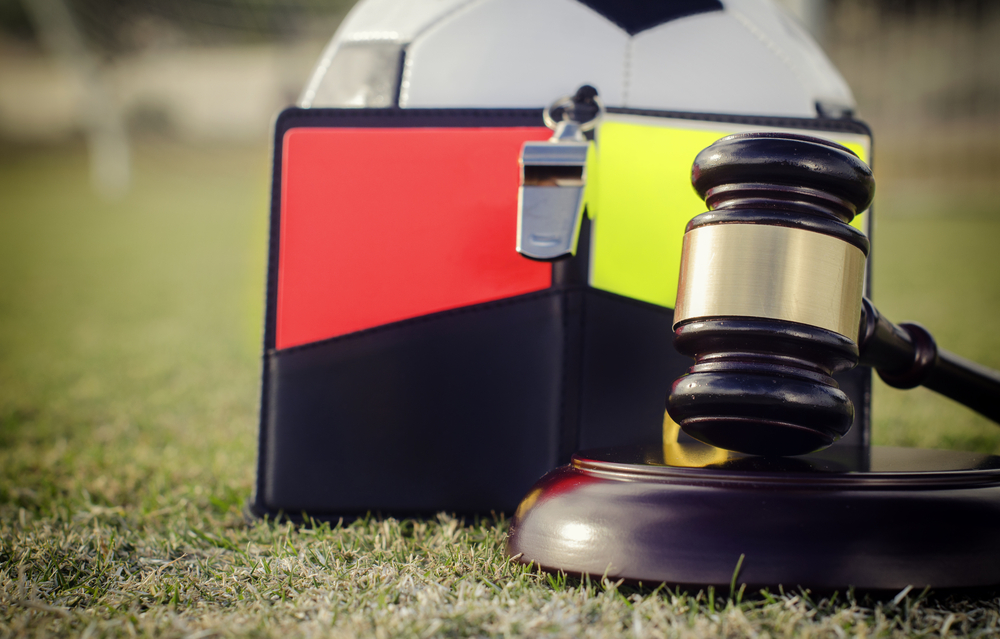Introduction
Disputes in sports can generally be resolved within the sport’s own dispute resolution bodies, provided they operate within certain legal boundaries. Sports organizations are typically allowed to set their own rules and establish systems for handling rule violations and internal disputes. Contract-related disputes in sports may be resolved by sports arbitration bodies if the parties have agreed to arbitration—either in advance or once the dispute has arisen.
Arbitration in a Nutshell
Arbitration is a dispute resolution method where the parties agree that one or more appointed arbitrators will make a binding decision.
Arbitration offers several advantages over ordinary court proceedings. For one, the parties can influence the composition of the arbitration panel, allowing them to appoint individuals with specific expertise. In sports disputes, this means being judged by individuals with expertise in sports and sports law, rather than general legal backgrounds.
Arbitration is also typically faster than proceedings in regular courts.
Norwegian Football Federation’s Arbitration Tribunal
The Norwegian Football Federation (NFF) has established a dedicated arbitration system for football-related disputes. It applies to “disputes regarding agreements within the organization” and “disputes concerning the validity and interpretation of decisions made by clubs, regional federations, or the federation itself, to the extent such decisions may be reviewed under Norwegian law.” Decisions from NFF’s arbitration tribunal are final and cannot be appealed.
Common disputes include transfer issues, claims for training and education compensation, conflicts between players and agents, between coaches and clubs, and between players and clubs.
For professional football players, the standard contract includes a clause stating that contract disputes shall be resolved within the sports organization. However, the Norwegian Working Environment Act limits the validity of such pre-agreements; arbitration can only be agreed in advance if the employee is the top executive. Nevertheless, clubs and players may agree to arbitration at NFF after a dispute arises.
International Judicial Bodies in Sports
FIFA’s Dispute Bodies
FIFA, the international football federation, is the umbrella organization for national federations, including NFF. Most disputes related to FIFA regulations arise under the Regulations on the Status and Transfer of Players (RSTP). These are handled by the FIFA Dispute Resolution Chamber (DRC).
The DRC consists of 24 members—12 appointed by player representatives, and 12 by club representatives. It handles international disputes between players and clubs, including contract disputes between Norwegian clubs and foreign players.
The FIFA Players’ Status Chamber (PSC), renamed in 2021 from the Players’ Status Committee, handles:
-
- Employment-related disputes between clubs and coaches of an international nature
-
- Disputes between clubs from different national associations that fall outside DRC’s jurisdiction, primarily related to unpaid transfer fees and sell-on clauses
The FIFA Agents’ Chamber deals with disputes involving football agents. After problems with the intermediary system introduced in 2015, FIFA reinstated a revised agent system in November 2023. The Agents’ Chamber now oversees disputes under the new agent regulations.
All decisions from FIFA’s dispute bodies may be appealed to CAS.
Court of Arbitration for Sport (CAS)
The Court of Arbitration for Sport (CAS) is an international tribunal for resolving sports-related disputes. Established by the IOC in 1983, CAS is based in Lausanne, Switzerland. Since handling its first case in 1986, its caseload has grown to around 1,000 cases annually.
CAS jurisdiction, procedures, and deadlines are governed by the CAS Code.
Ordinary Courts
While sports disputes can often be resolved in arbitration, some may still be brought before ordinary courts. Courts are generally precluded from hearing cases already subject to arbitration, but cases outside the scope of the arbitration clause may be tried in civil courts.
Out-of-Court Mediation
An alternative to arbitration or litigation is out-of-court mediation. This is often a cheaper, faster, and less risky option. With rising conflict levels in sports, there is a growing need for more effective and predictable resolution methods.
Mediation offers a platform for swift resolution and can help preserve the relationship between the parties—something especially valuable in sports. Even if mediation fails, it may still be beneficial by clarifying the opposing party’
